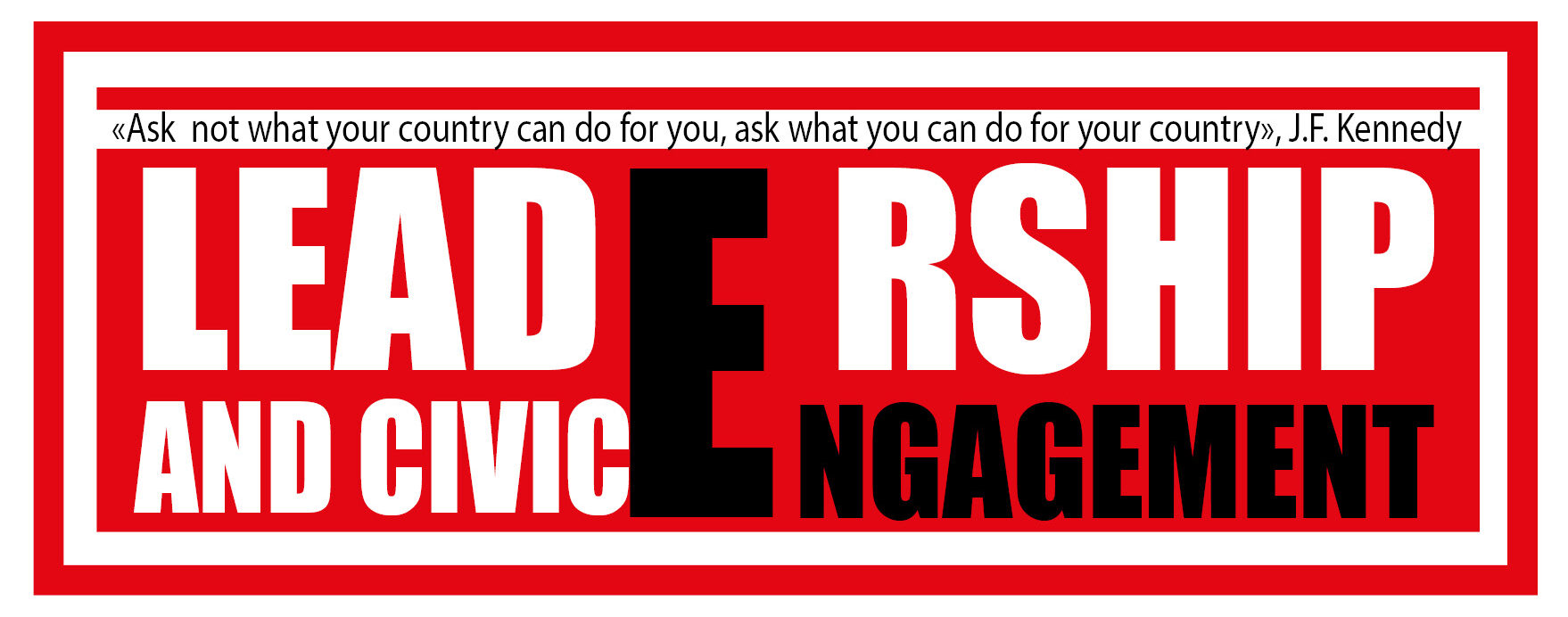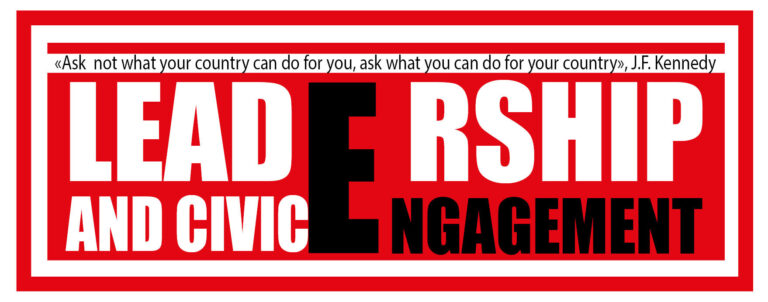« It is time for African leaders to ask for economic models that will lead to eradication of NTDs and commit to them with adequate funding. »
The African Centre for Disease Control and Prevention (Africa CDC) is organising the 3rd Annual International Conference on Public Health in Africa (CPHIA) from 27 to 30 November 2023 in Lusaka, Zambia. In the run-up of this major event for the continent, Dr Thomas Nyirenda, Head of the Africa Office of the European and Developing Countries Clinical Trials Partnership (EDCTP), based in South Africa, agreed to talk to us about this conference and the issues involved in eradicating NTDs.

Hello Doctor. Thank you for agreeing to give our newspaper this interview. Tell us, in which African countries are neglected tropical diseases (NTDs) most prevalent?
In general Africa (mostly sub-saharan Africa) accounts for about 40% of the global burden of NTDs, with about 600 million individuals requiring treatment. These diseases emerge and re-emerge such that talking about which country is affected most is not scientifically possible. The commonest NTDs affecting Africa are: Buruli ulcer, Chagas disease, dengue and chikungunya, dracunculiasis, echinococcosis, foodborne trematodiases, – human African trypanosomiasis, leishmaniasis, leprosy, lymphatic filariasis, mycetoma, chromoblastomycosis and other deep mycoses, onchocerciasis, rabies, scabies and other ectoparasitoses, schistosomiasis, soil-transmitted helminthiases, snakebite envenoming, taeniasis/cysticercosis, trachoma, and yaws.
Togo has succeeded in eliminating four neglected tropical diseases (NTDs), becoming the first country to achieve such a level of performance. How can this progress be capitalized on at a continental level to inspire other African countries?
African countries should learn from each other. Differences in Political history, socio-economic status, geographical differences and genetic variability are some of the factors that make generalisation of applicability of effective interventions from one African region to another difficult to make. But once one intervention works in one African region it gives an opportunity for other regions to adapt and adopt parts that will work in their settings. This is where CPHIA23 is an opportunity for sharing such experiences and motivations.
The WHO Global Roadmap on Neglected Tropical Diseases 2021-2030 aims to reduce by 90% the number of people requiring treatment and by 75% the disabilities directly associated with these diseases. Is this goal achievable given the funding crisis currently facing the fight against NTDs ?
The Target is achievable. What is required is a continental agenda and approach which prioritises achievements of the targets. Local funding is as important as community empowerment to own the processes.
How do the African Union and its public health institutions ensure that there is equity of access to NTD treatment in the different sub-regions of Africa?
Africa Union provides conducive environment for different complementary actors in improving access to NTD treatment. Partners like DNDi, Medicines 4 Africa, pharma and others have a strong footprint in Africa. Advancements towards local manufacturing are an example of an additional locally owned processes contributing to future access to treatment that African patients deserve.
The Kigali Declaration on NTDs was issued last year. One year after this declaration, can we say that the commitments made by the stakeholders have led to progress in the fight against NTDs ?
One year is such a short period to fully judge the performance of such a declaration. Africa needs to rally its partners behind this declaration more and continue assessing itself full impact against short, medium and long term deliverables as what is required are durable/ sustainable programmes not short term and unsustainable gains only.
Can you list some specific added values or solutions that the CPHIA 2023 will bring to the fight against NTDs on the African continent?
CPHIA will bring added value in terms of reviewing current strategies and align thoughts towards emerging challenges in form of Anti-microbial resistance (AMR), challenges to roll out of vaccines already developed against NTDs and improving diagnostic tools for NTDs for better treatment of accurately diagnosed cases.
We are on the eve of CPHIA 2023. Do you have a specific request for African leaders and other stakeholders to make the fight against NTDs more of a priority for all African countries?
It is time for African leaders to ask for economic models that will lead to eradication of NTDs and commit to them with adequate funding. They should also commit to breaking geographical barriers between countries when it comes to disease control. For better disease control financial and human resources should not be restricted in movement due to artificial immigration barriers just like disease causing agents themselves that freely cross borders.
Thank you Dr Thomas Nyirenda
Interview conducted by Aboudou Agro

